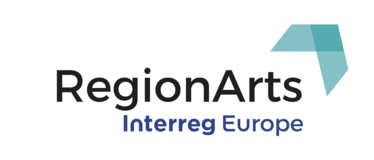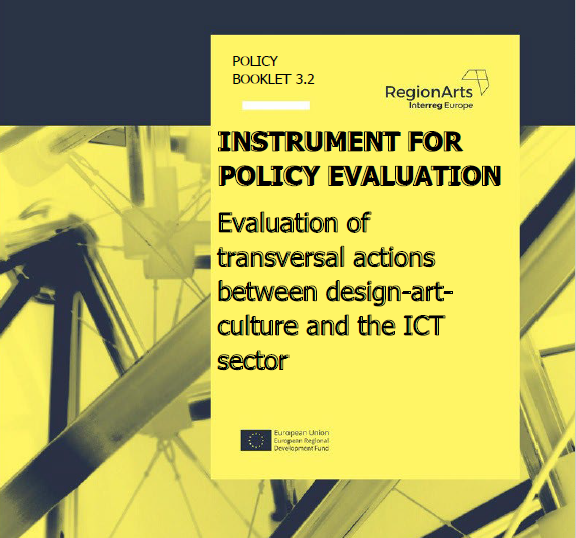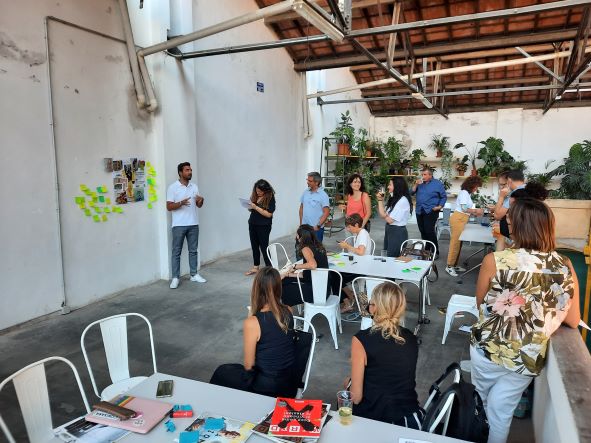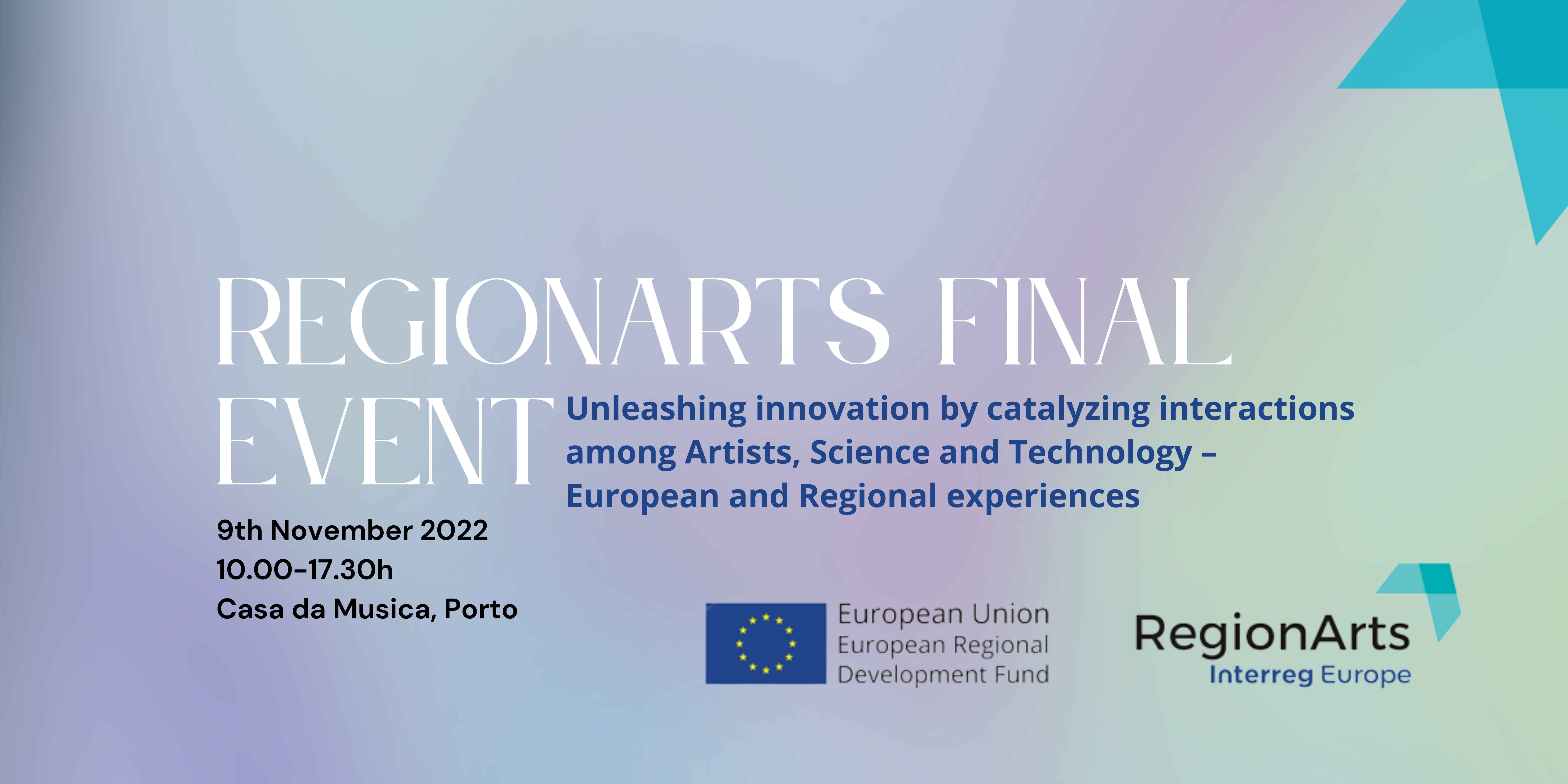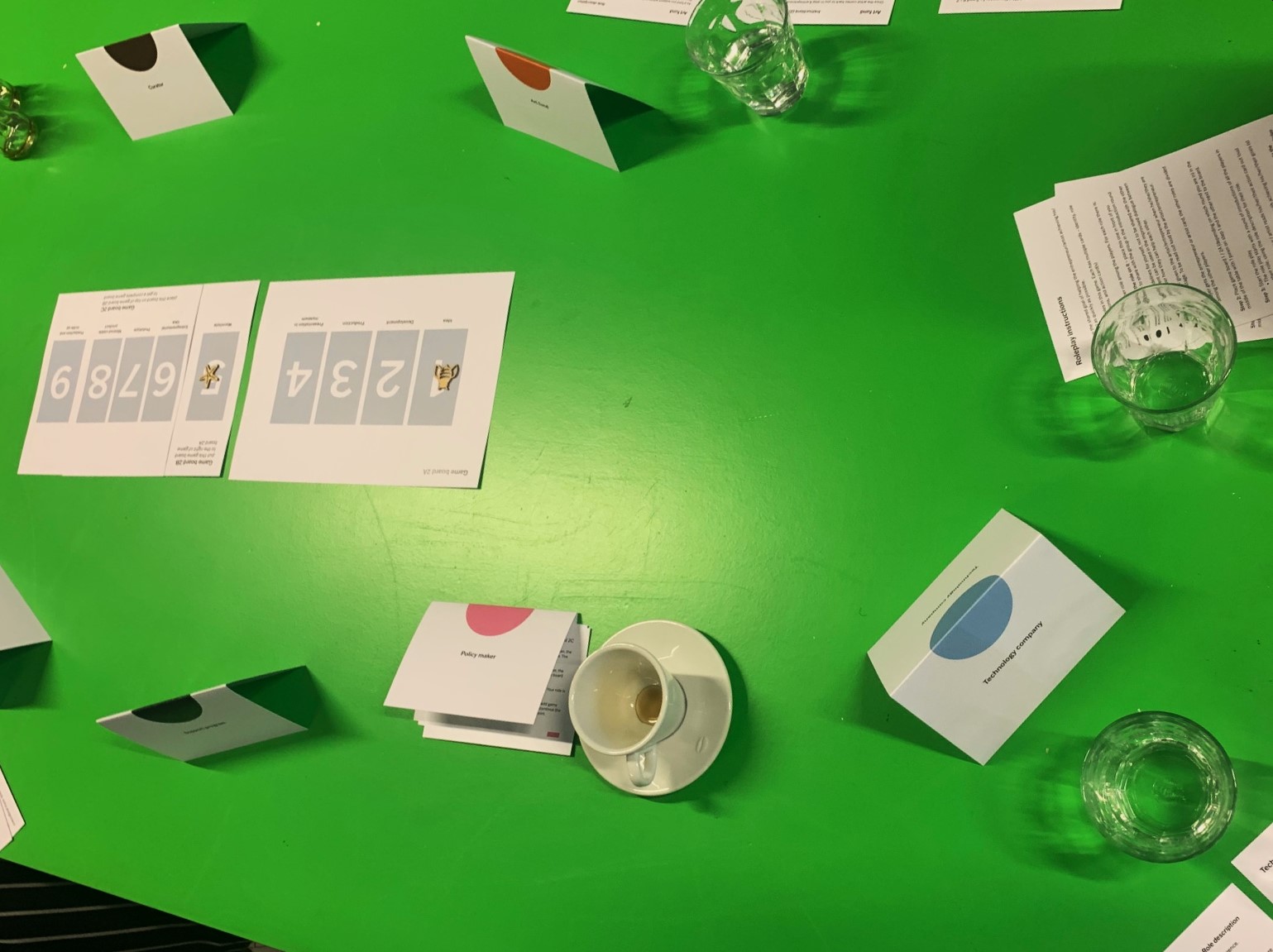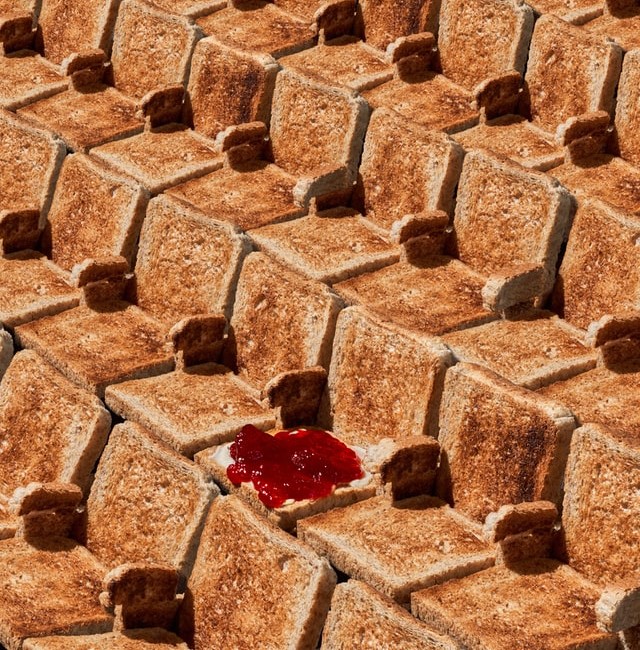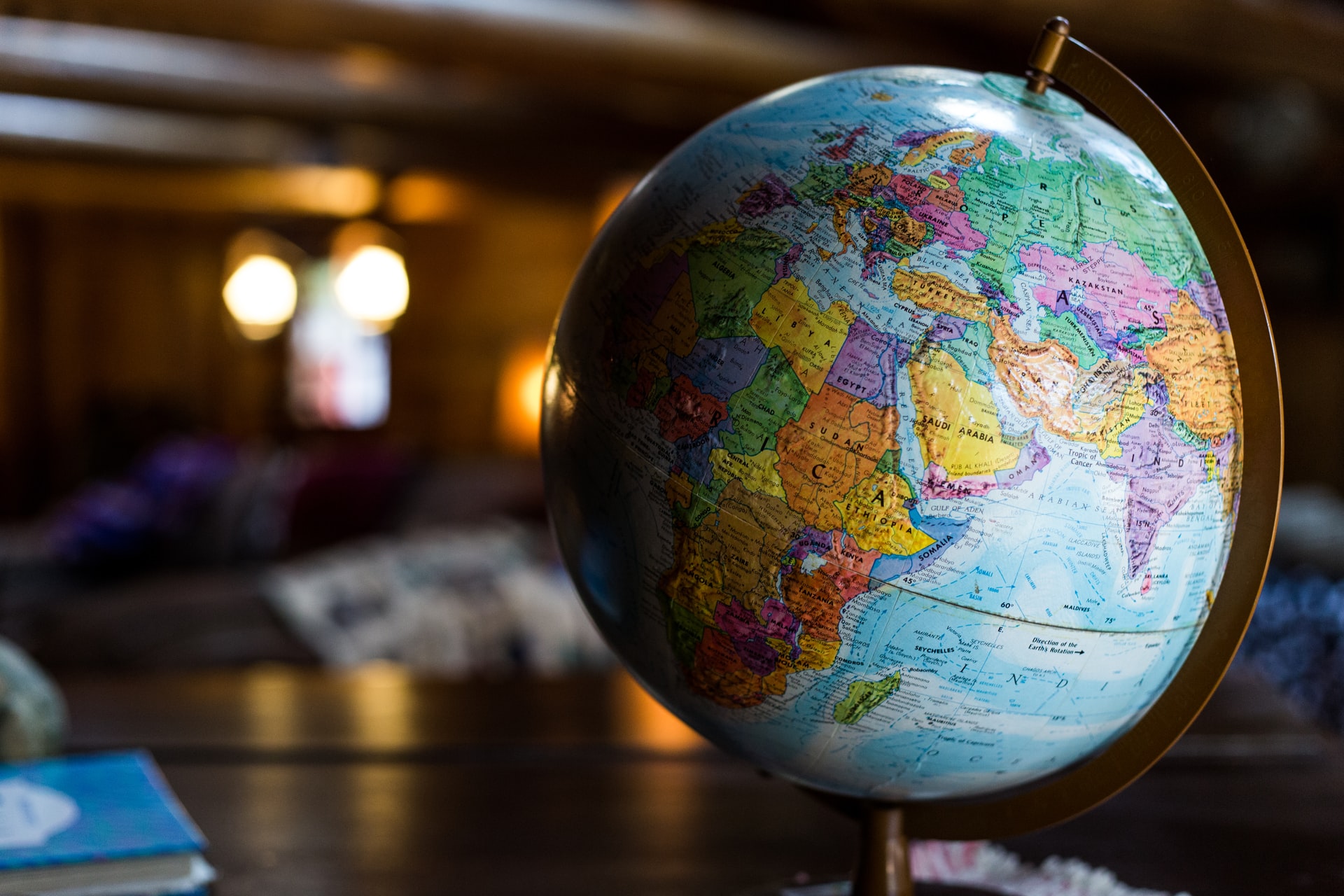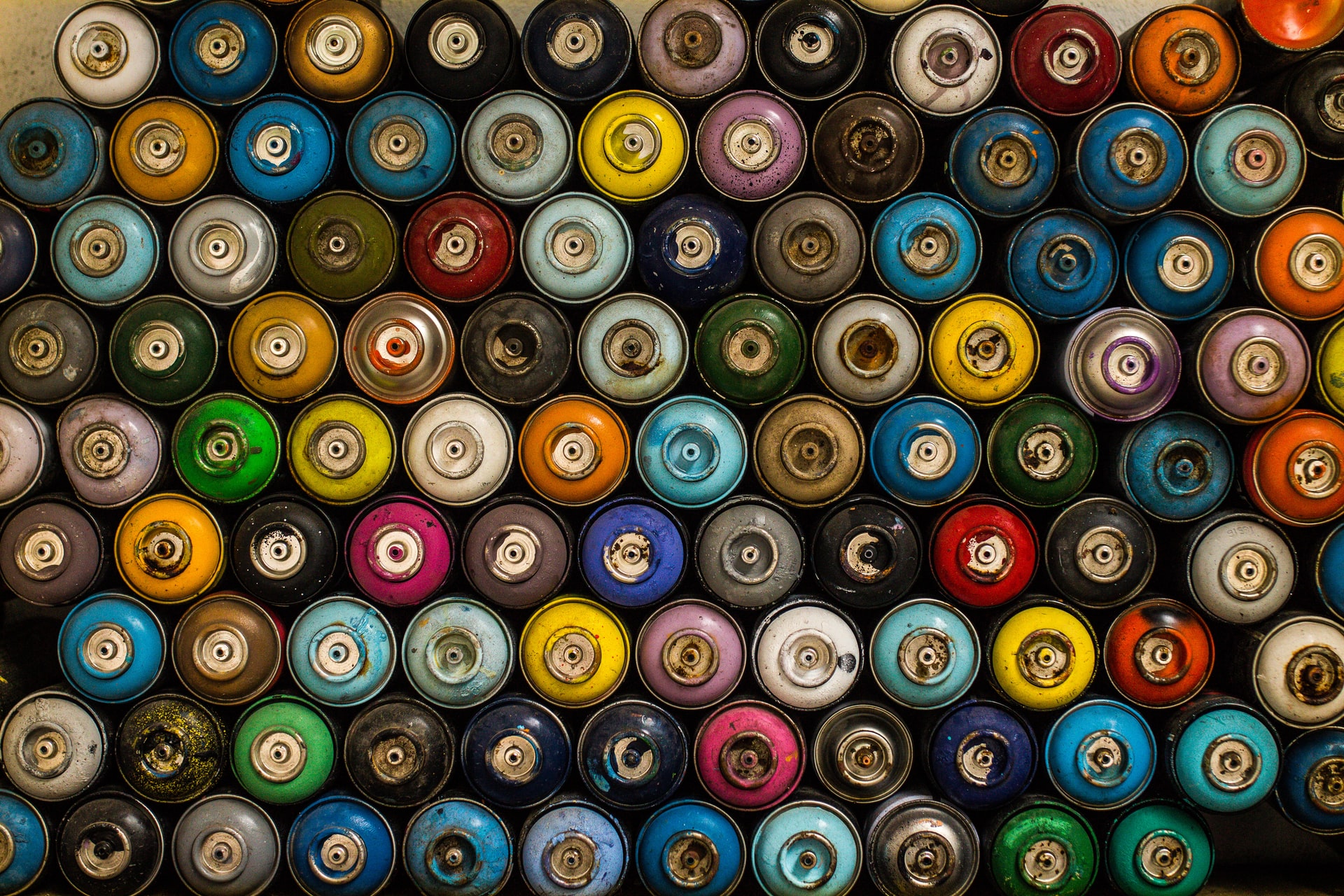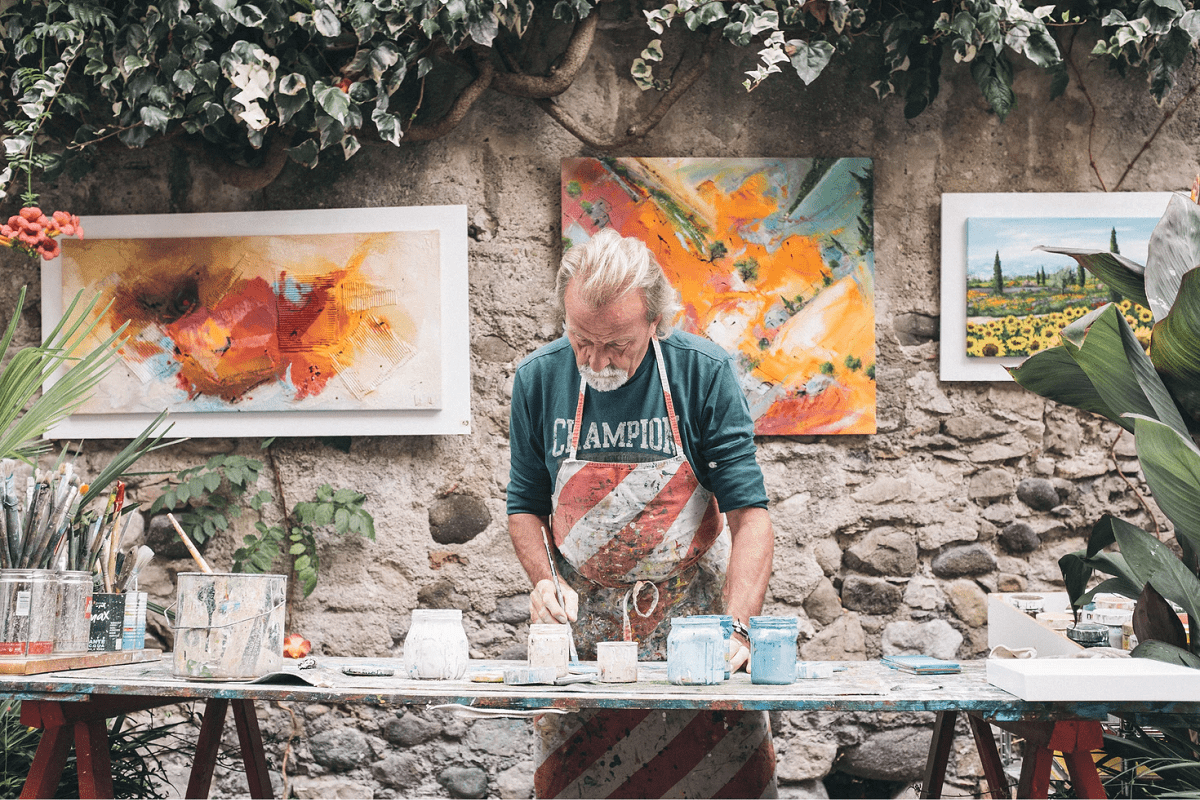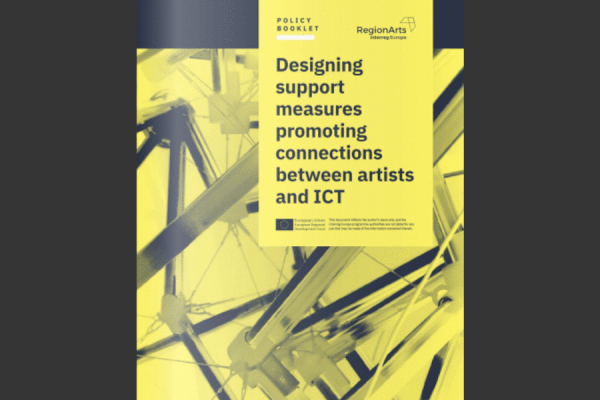ASTER organised the first Exchange of Experience ‘Analysing Policy Instruments’ within the RegionArts project in Bologna on 02 and 03 October for nearly 30 people. The Exchange of Experience focused on interaction between ICT/ICC, artists and culture to boost the economic regional fabric (an issue that needs still to be tackled concretely by the regional policies and measures).
The first day of the agenda focused on Bologna’s regional background and initiatives/European projects in which the Emilia Romagna Region and ASTER are partners. In the morning period two best practices were highlighted, the Bologna Film Archive and Incredibol program, both considered, at international level, as samples of successful strategies.

The first day continued with the ‘Learning Workshop -Part I’ which included a keynote speech from Mr. Philippe KERN (KEA European Affairs) and presentations of partner’s policy instrument, i.e. objectives, implementations, monitoring and available results. The learning workshop discussion raised on the issue related to the opportunity to support creative people with entrepreneurial paths, to assist them in better presenting and selling their works. However, often creatives simply do not want to become entrepreneurs.
How can we support artists and their sustainability to allow them to go ahead with their artistic production?
So how can we support them and their sustainability to allow them to go ahead with their artistic production? The answer – simple to write yet intricate to apply - is to enhance the capacity of enterprises and economic actors in general in understanding the value represented by those "artistic/creative" solutions for their productions and supporting open innovation processes and the dialogue between "traditional" enterprises and creative professionals.
The second day of the EoE held at the Serre di ASTER, Bologna’s biggest public garden, continued with the ‘Learning Workshop -Part II’. On this day, the partners from Lapland, Regione Molise and Croatia took the floor to present their Operational Programmes. The session wrapped up with suggestions on how implement the review process of the Regional Operation Plans.
Overall, all the participants and the stakeholders found the workshop and the study visit very interesting and they acknowledge getting useful insights. In particular, the most important lessons learnt can be resumed in the following points:
- Apply an open innovation dynamic is one of the suggested strategies. Listen to artists, check what they want to achieve with their projects and then find the right matchmaking with companies which they can work with. Facilitate the cross-over;
- The importance of understanding the resources: mapping of resources, people, companies and administrations. It is important to establish a cross-over relation with all the actors involved;
- Citizens are key drivers/actors for raising the interest of policy makers on the project and on its initiatives. Their role, as users, is to give evidence to the effectiveness of the involvement of artists and creative people in innovative projects;
- Taking into consideration the various tools that can be used to interact with local stakeholders. It is important to find the right the language to use, and the right context/framework and methodology of engagement. Find a moderator or intermediator able to understand both the creative and the entrepreneurial world and that continues feeding the interaction and keeping stakeholders involved. Engage other actors, such as university or research centers, school of design, etc;
- Change of mindset: try to modify the way arts and ICT are perceived at various levels (public and private), to make clear that creatives and artists can contribute to the innovation of the territory in all its activities. Rethinking the composition of the clusters: by including individual artists or other actors.
